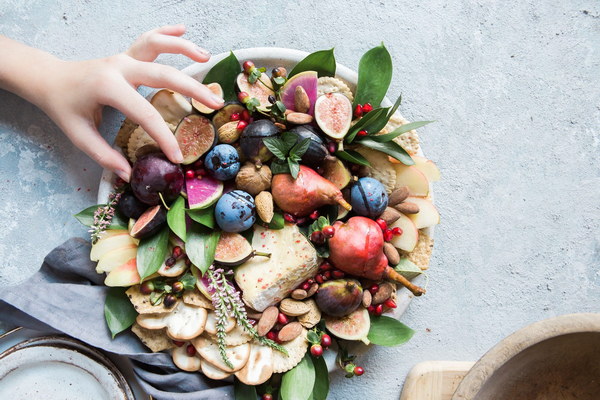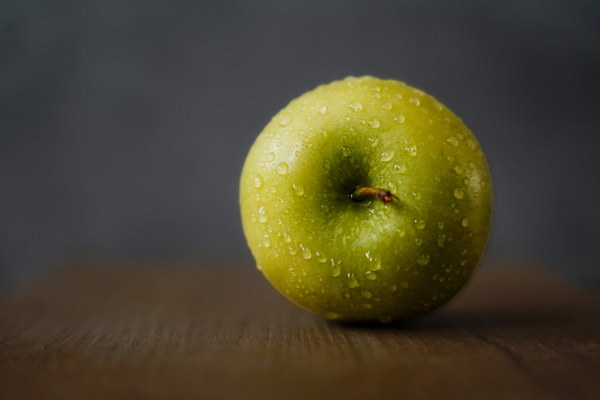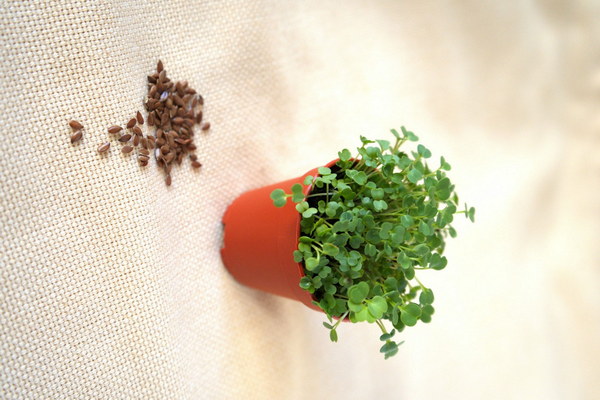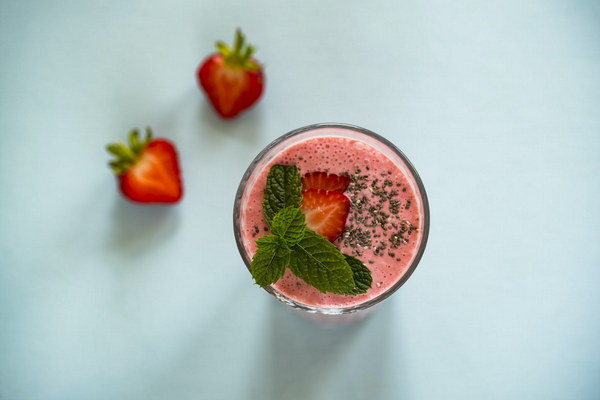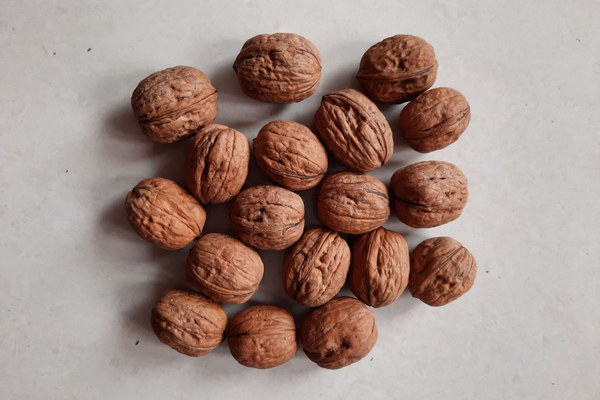Healing Mouth Ulcers Naturally How to Nourish Your Spleen for a Healthier Smile
Mouth ulcers, also known as canker sores, are painful sores that appear inside the mouth. They can be caused by a variety of factors, including stress, nutritional deficiencies, and poor digestion. One of the most common causes is an imbalance in the spleen and stomach, which are closely connected in Traditional Chinese Medicine (TCM). In this article, we will discuss how to nourish your spleen and stomach to prevent and heal frequent mouth ulcers naturally.
1. Understand the connection between the spleen and stomach
According to TCM, the spleen and stomach are interconnected and play a crucial role in maintaining a healthy body. The spleen is responsible for transforming and transporting nutrients from the food we eat, while the stomach is responsible for digesting and breaking down food. When either of these organs is out of balance, it can lead to various health issues, including mouth ulcers.
1.1 Spleen function and its impact on mouth ulcers
The spleen is responsible for producing blood and transporting nutrients throughout the body. If the spleen is weakened, it may not be able to produce enough blood, leading to deficiencies in nutrients such as iron, vitamin B12, and folic acid. These deficiencies can contribute to the development of mouth ulcers.
1.2 Stomach function and its impact on mouth ulcers
The stomach's primary function is to digest and break down food. If the stomach is overheated or overloaded with spicy, greasy, or difficult-to-digest foods, it can lead to an imbalance in the stomach's pH level, causing inflammation and ulcers.
2. Nourish your spleen and stomach with these tips
2.1 Balance your diet
A balanced diet is essential for maintaining a healthy spleen and stomach. Incorporate the following foods into your diet to nourish these organs:
- Iron-rich foods: Lentils, beans, spinach, and lean red meat can help combat iron deficiencies that may contribute to mouth ulcers.
- Vitamin B12-rich foods: Fortified cereals, eggs, and dairy products can help maintain healthy levels of vitamin B12.
- Folic acid-rich foods: Leafy greens, lentils, and oranges can help prevent folic acid deficiencies.
- Digestive-friendly foods: Foods rich in probiotics, such as yogurt, kefir, and fermented vegetables, can help maintain a healthy stomach flora.
2.2 Reduce spicy and greasy foods
Spicy and greasy foods can irritate the stomach lining and exacerbate mouth ulcers. Limit your intake of these foods and opt for healthier alternatives, such as steamed vegetables and lean proteins.

2.3 Avoid excessive sugar and caffeine
Excessive sugar and caffeine can weaken the spleen and stomach, leading to further imbalance. Reduce your intake of these substances and opt for healthier alternatives, such as herbal teas and natural sweeteners.
2.4 Manage stress
Stress can weaken the spleen and stomach, making it more susceptible to mouth ulcers. Practice stress-reducing techniques such as meditation, yoga, or deep breathing exercises to maintain a healthy balance.
2.5 Consider herbal remedies
Herbal remedies can help nourish your spleen and stomach, reducing the frequency and severity of mouth ulcers. Some popular options include:
- Astragalus: This herb is known for its immune-boosting properties and can help strengthen the spleen.
- Codonopsis: This herb can help improve digestion and nourish the spleen.
- Licorice root: This herb has anti-inflammatory properties and can help soothe the stomach lining.
3. Conclusion
Frequent mouth ulcers can be a sign of an imbalance in the spleen and stomach. By understanding the connection between these organs and implementing lifestyle changes, you can nourish your spleen and stomach, reducing the frequency and severity of mouth ulcers naturally. Remember to consult with a healthcare professional before making significant changes to your diet or incorporating herbal remedies.
